You might create stunning lawns and gardens week after week, yet still notice fewer calls than expected. Many landscaping businesses face this gap because people nearby search online for services, but cannot find them. SEO for landscaping helps close that gap.
It means improving your website so Google understands what you do and shows your business when someone searches for phrases like “landscaper near me” or “garden design in Boston.” The goal is to bring more visitors to your website and turn them into inquiries.
With the right SEO approach, your business can stay visible to local homeowners already searching for the services you offer.
Why Landscaping SEO Matters for Every Local Business?
Every day, homeowners search online for help with things like patchy lawns, untrimmed trees, or outdoor makeovers. The businesses that show up first on Google get the call, while others lose out even if they do great work.
SEO for landscaping changes by making sure your business appears when nearby customers look for services you already offer. It is about showing up where people are already searching. When your website ranks high in search results, you earn visibility and trust before a customer even visits your page.
The more often your business appears online, the more it feels like a familiar and reliable choice to potential clients.
The SEO Basics You Need to Get Right
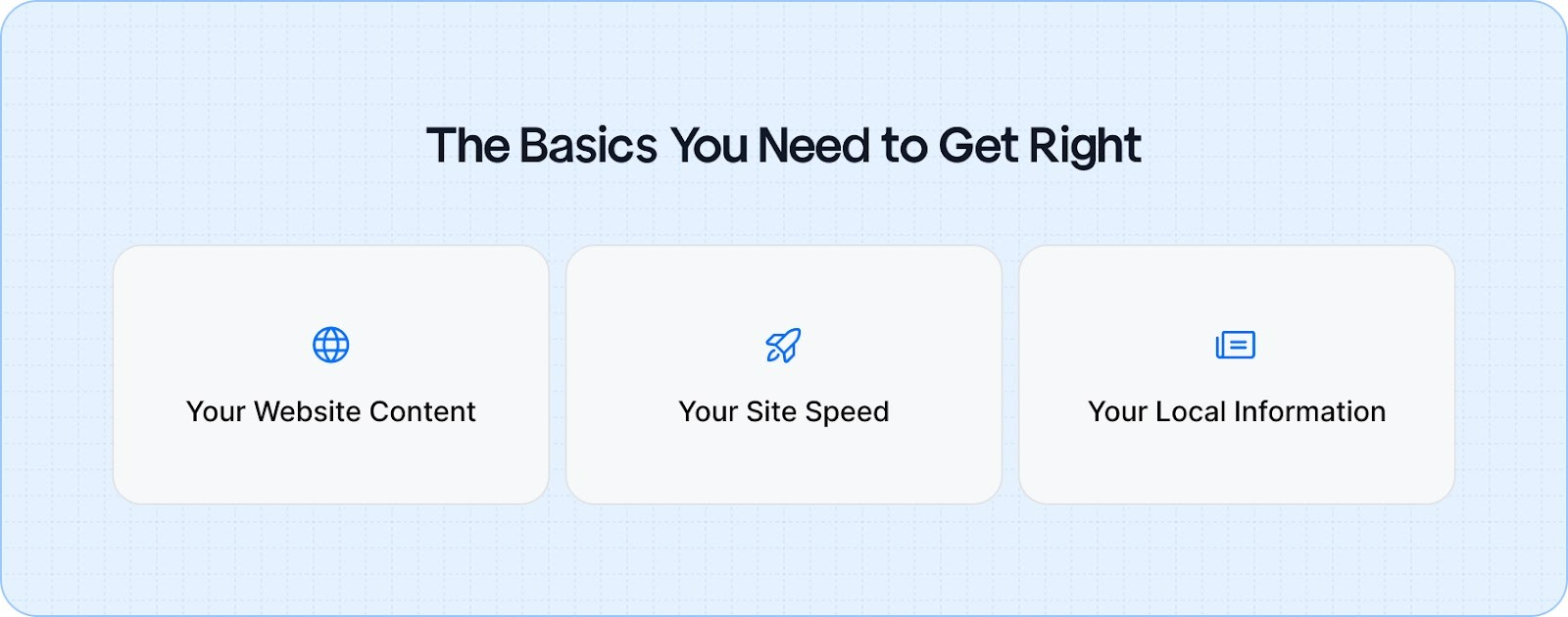
Before you spend a single dollar on tools or ads, three simple foundations decide how visible your landscaping business becomes online. When these are strong, every other marketing effort performs better.
1. Your Website Content
Your website is your digital front yard. Service pages should clearly explain what you offer, from lawn care to stone patios, while a blog helps you share practical advice that earns trust.
2. Your Site Speed
A slow website turns visitors away before they even see your work. Fast-loading pages keep potential clients engaged and ready to contact you.
3. Your Local Information
Your business name, address, and phone number (often called NAP) must match perfectly everywhere online, from Google to Facebook. This consistency helps search engines trust your business and rank it higher.
15 Actionable SEO Steps to Expand Your Customer Base and Drive Growth
The following steps will guide you through the key SEO practices to help your landscaping business stand out and attract more customers consistently.
1. Invest in a Professional Logo for SEO and Branding
Your logo is a critical part of your branding. A professional, memorable logo helps establish trust and recognition, which can indirectly support your SEO efforts by increasing website visits and engagement.
How to Do It:
- Hire a professional designer to create a logo that reflects your brand’s values and services.
- Use your logo consistently across your website, social media, and marketing materials.
Why It Matters: A high-quality logo gives your website a polished look, which improves user experience and trust. This can result in higher engagement and more website traffic.
2. Register Your Branded Website Domain
Securing a branded domain name is an essential step in building your online identity. It should be easy to remember, and ideally, reflect your business name or the services you offer.
How to Do It:
- Choose a domain name that includes your business name and keywords related to your services.
- Register your domain as soon as your business is official.
Why It Matters: A branded domain enhances your credibility and SEO, helping customers find you easily and increasing your chances of ranking higher in search results.
3: Optimize Your Google Business Profile and Apple Business Connect
Your Google Business Profile is a crucial tool for local SEO. Optimizing it helps you appear in local search results when potential customers look for landscaping services in your area.
Additionally, Apple Business Connect provides another platform for businesses to enhance their local presence, helping you reach iPhone users through Maps, Siri, and more.
How to Do It:
- Claim and verify your profile on both Google and Apple Business Connect.
- Complete your business details: Add your business name, address, phone number, hours, and website.
- Upload photos of recent landscaping projects to showcase your work and attract more attention.
- Engage with reviews by responding to both positive and negative feedback, as this builds trust and credibility with potential clients.
Why It Matters: A well-optimized Google Business Profile and Apple Business Connect listing improves your chances of appearing in local search results and increases your trustworthiness with potential customers, making it easier for them to contact you.
4: Find Local Long-Tail Keywords for Landscaping SEO
To increase your visibility online, the first step is keyword research. For a landscaping business, long-tail keywords are particularly useful. These keywords are more specific and relevant to the services you offer, as well as the locations you serve.
- How to Do It:
- Use tools like Google Keyword Planner, SEMrush, or Ubersuggest to find keywords that are specific to your services and geographic area. For example, search for “lawn care in Boston” or “tree trimming services in Louisville.”
- Focus on long-tail phrases: These typically have lower competition and higher conversion rates because they reflect more specific customer needs.
- Why It Matters: By targeting these local, long-tail keywords, you increase your chances of ranking in searches made by people actively looking for your services in your area. This is essential for local SEO.
5: Local SEO - Build Location-Specific Landing Pages
Creating location-specific landing pages on your website is a highly effective way to target local search queries. These pages help Google and customers find your services when they search for landscaping near them, ensuring you're visible to potential clients.
How to Do It:
- Create individual landing pages for each location you serve, focusing on the services provided in each area.
- Use local keywords in the page headings, URLs, and content to ensure it’s optimized for specific locations.
- Showcase relevant projects by adding images and testimonials from clients in the area, highlighting your local expertise.
- Why It Matters: These location-specific pages increase your visibility in local searches and help potential clients find your services quickly. Optimizing for various service areas can drive more traffic to your website and expand your reach without spreading your resources thin.
6: Optimizing Title Tags and Meta Descriptions for SEO
Your title tags and meta descriptions are some of the first elements potential customers see in search results, so it’s crucial to make them as compelling as possible. These elements play a key role in attracting clicks and improving your rankings.
How to Do It:
- Include your main keyword in both the title tag and meta description.
- Create descriptions that entice users to click, using clear, actionable language and highlighting the benefits of your services.
- Keep your title tag under 60 characters and your meta description under 160 characters for optimal display.
- Why It Matters: Optimized title tags and meta descriptions increase your click-through rate (CTR), which is a key ranking factor for Google. A higher CTR signals to search engines that your content is relevant and valuable, improving your SEO performance.
7: Content Creation to Drive SEO and Trust
Content marketing is a cornerstone of effective SEO. By creating valuable and informative content, you improve your search engine ranking and build trust with your audience.
How to Do It:
- Start a blog with posts answering common landscaping questions, such as “How to Care for Your Lawn in Winter” or “Tips for Planting Trees in Your Backyard.”
- Use videos and infographics to engage users and keep them on your site longer, which can positively affect your rankings.
- Why It Matters: Content that answers customer questions establishes your expertise and keeps visitors engaged. The more valuable your content, the higher the chance they’ll convert into leads.
8: The Power of Customer Reviews and Social Proof
Online reviews are increasingly important for SEO, especially for local businesses.

The more positive reviews you have, the more likely you are to rank in local search results.
How to Do It:
- Ask satisfied clients to leave reviews on your Google Business Profile, Yelp, or Facebook.
- Respond to reviews in a professional and timely manner, even if the feedback is critical.
Why It Matters: Positive reviews help you build social proof and credibility, both of which influence your SEO rankings. Plus, they encourage potential customers to trust you.
9: Technical SEO - Site Speed, Mobile Optimization, and Security
Technical SEO focuses on the behind-the-scenes aspects of your website that improve user experience and ensure search engines can crawl and index your pages correctly.
How to Do It:
- Improve website speed using tools like Google PageSpeed Insights.
- Ensure your website is mobile-friendly, as most local searches are done on smartphones.
- Use HTTPS to secure your site and protect your visitors' data.
Why It Matters: A fast, mobile-friendly, and secure website improves user experience and helps you rank higher in search results, especially with Google’s mobile-first index.
Tip: Ensure your blog loads fast on mobile devices and includes elements like clear Call-To-Actions (CTAs) that are easy to interact with on mobile.
10: Types of Content to Improve SEO
Content is the backbone of any successful SEO strategy. By diversifying your content, you can engage different segments of your audience, keep your site fresh, and increase your visibility on search engines.
How to Do It:
- Create a variety of content to cater to different preferences, including:
- Blog Posts
- Videos
- Ebooks
- Infographics
- And More
- Use visual content like infographics to explain complex topics or provide statistics.
- Repurpose your content for different platforms to reach a broader audience and increase backlinks to your website.
Why It Matters: A diverse content strategy keeps your website dynamic and appealing to both users and search engines. Regularly updated content improves your site’s relevance and authority, leading to better SEO performance and higher rankings.
11: Seasonal SEO Strategies for Landscaping
For landscaping businesses, seasonality is a significant factor. Seasonal SEO ensures that your business remains relevant throughout the year, capturing customers' attention as their needs evolve. For example, updating your content for snow removal in winter or lawn care in spring helps you target specific demand periods effectively.
How to Do It:
- Update your website content to reflect the services you offer throughout the year. Highlight seasonal services and ensure your content targets season-specific keywords, like "snow removal services" in winter or "lawn fertilization in spring."
- Optimize your Google Business Profile to align with seasonal changes. For instance, update service offerings for the current season to ensure they appear in relevant local searches.
- Use relevant seasonal keywords in blog posts, service pages, and metadata to capture search traffic during peak times.
Why It Matters: By targeting seasonal search terms, you ensure your business remains visible when demand is highest. This approach helps capture leads who need immediate services, improving conversions and ensuring you don't miss out on valuable seasonal business.
12: Voice Search Optimization for Local Landscaping SEO
With the rise of voice assistants, voice search optimization is becoming increasingly important for local businesses. Optimizing for voice search ensures that your landscaping business appears when customers perform voice searches, which often tend to be more conversational and specific.
How to Do It:
- Optimize for natural, conversational keywords that people are likely to speak rather than type. For instance, instead of “lawn care services,” use more conversational phrases like “Where can I find affordable lawn care?”
- Focus on local intent: Ensure your content answers common voice search queries related to your services in your area.
- Provide concise answers to frequently asked questions on your website. Structure your content so it's easy for voice assistants to pull information.
Why It Matters: As more customers use voice search on mobile devices and smart speakers, optimizing for voice search gives you a competitive edge. It helps you capture local traffic from users seeking immediate and relevant information about your services.
Must Read: 10 Effective Landscaping Marketing Tactics to Increase Your Client Base
13: Video SEO to Showcase Landscaping Projects
Video content is incredibly engaging and offers significant SEO benefits. For landscaping businesses, videos can help showcase completed projects, provide educational content, and build trust with potential clients. Video SEO is the process of optimizing your videos to rank higher in search results.
How to Do It:
- Create high-quality before-and-after videos showcasing your landscaping projects. These can visually demonstrate the impact of your services, making it easier for customers to envision working with you.
- Optimize video titles, descriptions, and tags with relevant keywords. Include details about the services offered and the location served in the video metadata.
- Embed videos on your website and share them across social media platforms to increase their reach and engagement.
Why It Matters: Videos help increase user engagement and on-site time, which are positive ranking signals for Google. Additionally, videos can rank in Google search results, driving more traffic to your site and helping potential customers see the quality of your work.
14: Optimizing Hyperlocal SEO to Dominate Local Markets
Hyperlocal SEO focuses on optimizing your business for specific local areas, like individual neighborhoods, streets, or landmarks. It’s especially important for businesses that serve smaller geographic areas, as it helps you show up in search results for highly specific location-based queries.
How to Do It:
- Target hyperlocal keywords such as “landscaping near Garden District” or “tree trimming in Martha’s Vineyard.”
- Create pages for specific service areas on your website. These pages should focus on local projects, include customer testimonials from the area, and highlight services offered in that neighborhood.
- Ensure your Google Business Profile includes location-specific details and use consistent NAP (name, address, phone number) across all directories.
Why It Matters: Hyperlocal SEO helps your business stand out in very specific searches, increasing your visibility when potential customers search for services near them. This is essential for dominating local markets and ensuring you attract customers who are looking for services in their immediate area.
15: Referral Rewards and Discounts to Improve SEO
Referral programs bring in new customers and help generate valuable social proof, which can positively impact your SEO. Customers who refer others are more likely to leave reviews, share their experiences online, and become repeat clients.
How to Do It:
- Offer incentives for customers who refer friends, family, or neighbors. These could include discounts, free services, or exclusive offers.
- Encourage satisfied customers to leave reviews on your website, Google Business Profile, and social media pages.
- Promote your referral program through email marketing, social media, and on your website.
Why It Matters: Referral programs increase your credibility, attract new customers, and improve your SEO rankings. Reviews and word-of-mouth recommendations enhance your online presence and build trust with both customers and search engines.
Your 90-Day Landscaping SEO Plan to See Real Results
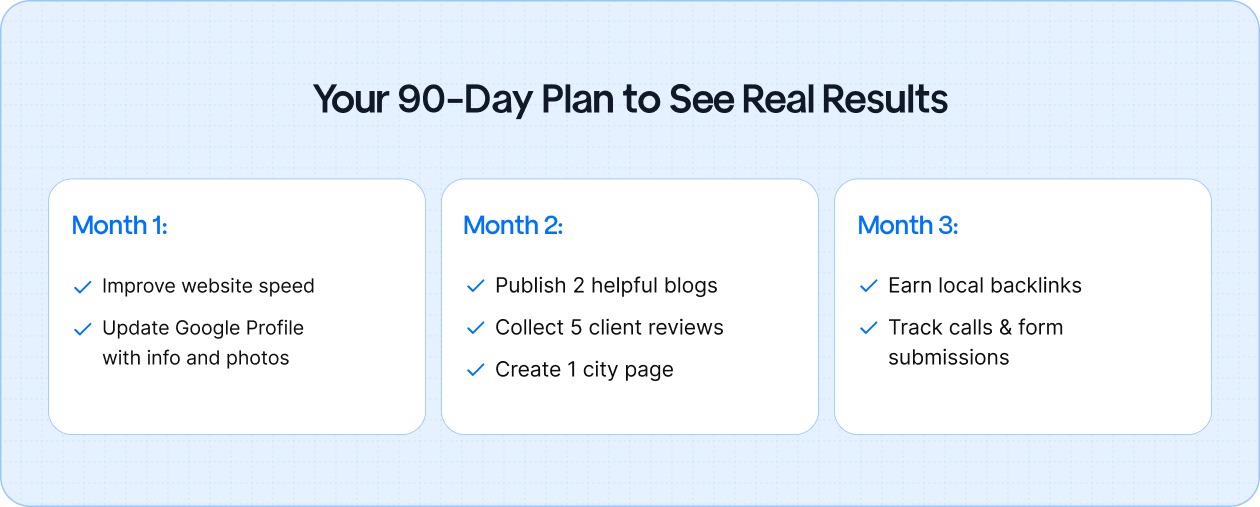
In just 90 days, your landscaping business can move from being invisible online to becoming the first name people call in your area. Here is how a structured plan unfolds when done right:
Month 1
- Fix your website speed so pages load quickly and visitors stay engaged
- Refresh your Google Business Profile with accurate details and recent photos
Month 2
- Publish two helpful blogs that answer common landscaping questions
- Collect five new client reviews to build credibility
- Create one city page to attract leads from nearby towns
Month 3
- Earn a few quality local backlinks from trusted sources
- Track how many calls and form submissions your website generates
Each month builds on the last, with more visibility, more trust, and more real inquiries from nearby homeowners. When the right strategy is in place, you can clearly see which efforts bring your next paying client.
Know the Cost and Timeline Before You Begin
Every landscaping business grows at its own pace, but the right SEO plan follows a clear rhythm of effort, consistency, and return. Understanding your investment upfront helps you plan realistically and see steady progress.
- Smaller businesses usually invest between $500 and $1,000 per month to build a strong local presence.
- Larger companies with multiple service areas or crews often allocate up to $3,000 per month to scale faster.
- With consistent effort, you can start noticing measurable local growth, more website visits, calls, and quote requests, within 3 to 6 months.
Turn Your Landscaping Website Into a 24/7 Lead Engine with SEO
When your website appears at the right time, it earns trust before you even pick up the phone. Over time, that visibility turns into steady calls, project requests, and loyal customers.
But keeping that growth going takes consistency. Once your rankings improve, the real work begins: staying visible, following up with leads, and nurturing the ones who showed interest.
SEO with the right expertise turns your digital presence into a dependable engine that works around the clock, so your next client is already lined up when you finish the current project.

















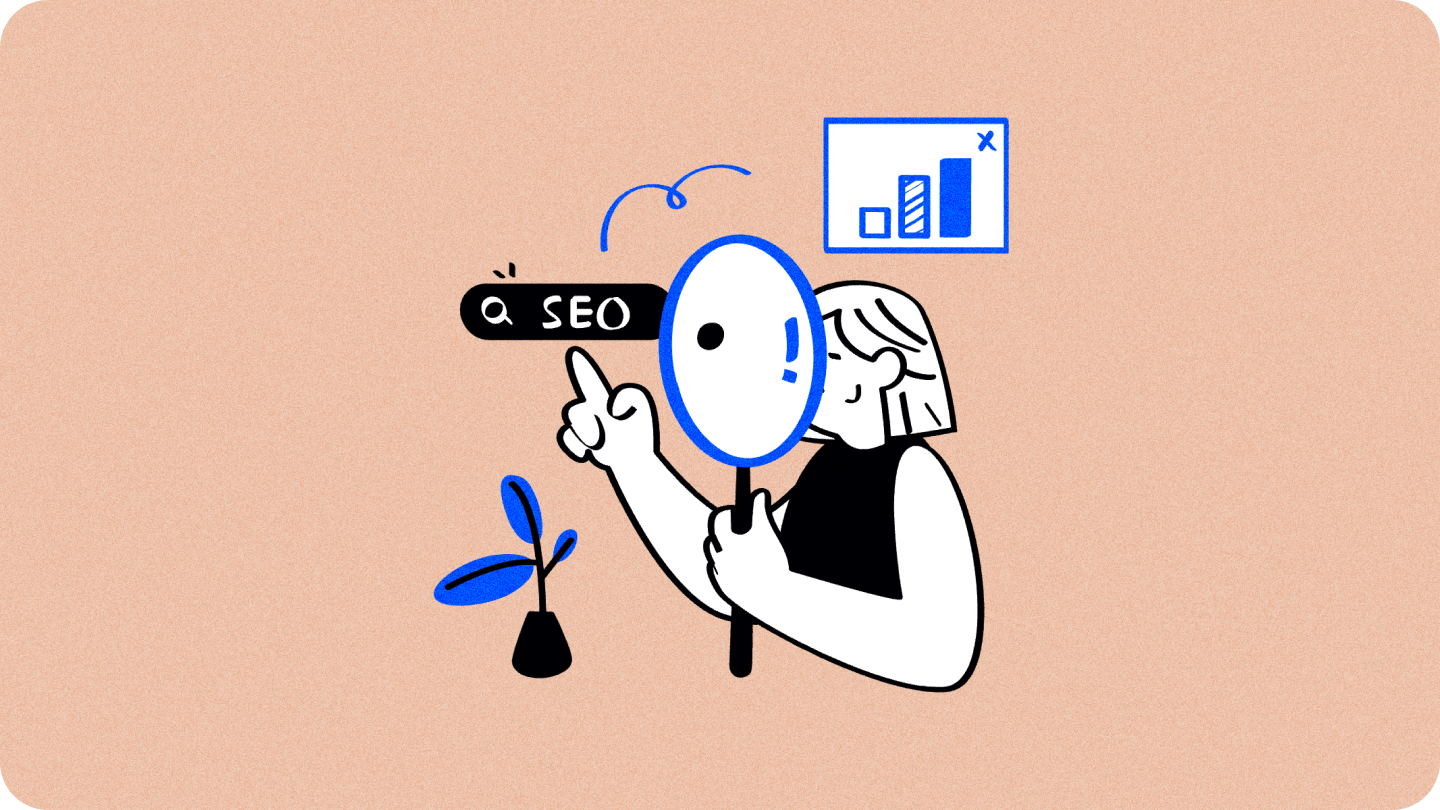




.webp)

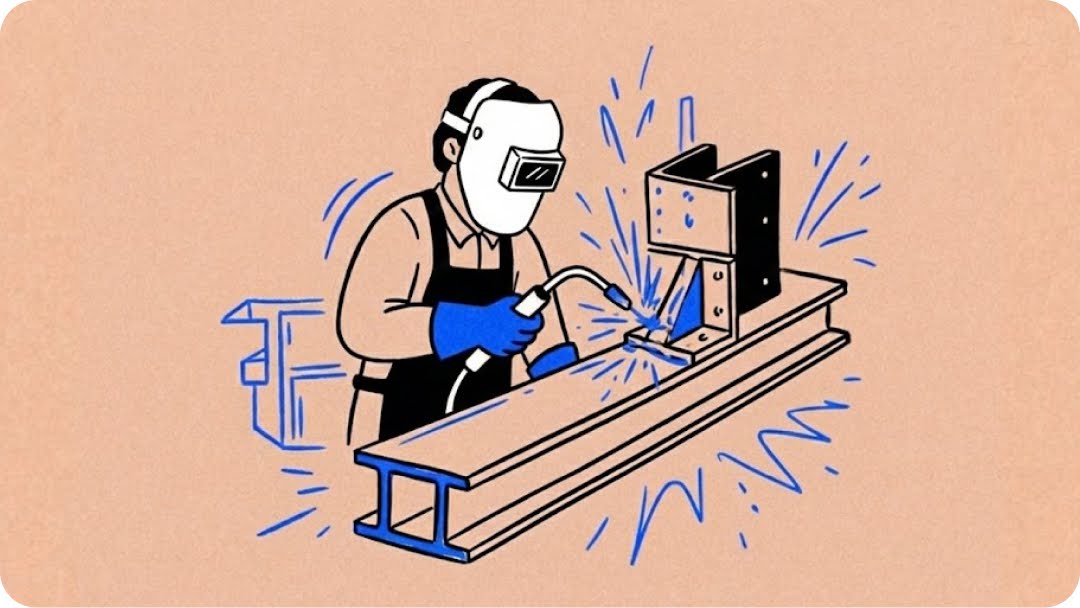






.webp)
.svg)


.svg)
.svg)
.svg)



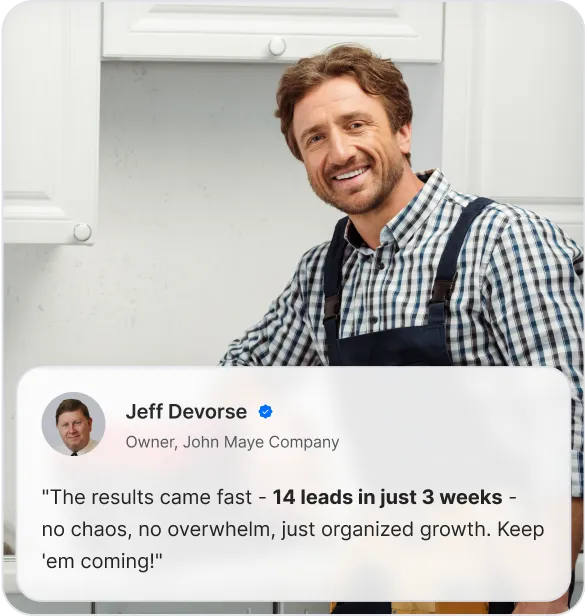
.svg)




.svg)